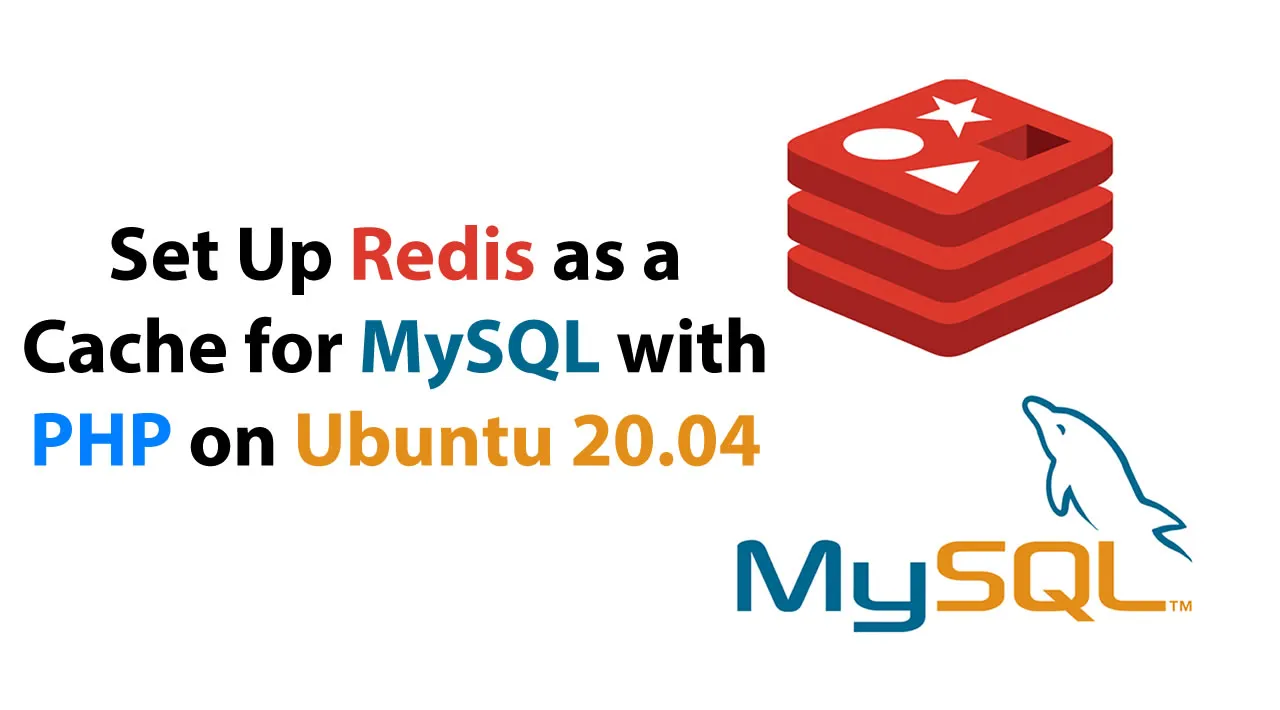Introduction
Redis (Remote Dictionary Server) is a fast open-source, in-memory database that you can use as a key-value store for a highly scalable and performance-oriented system. Some of Redis’ use cases include: caching, high-speed transactions, real-time analytics, live notifications, machine learning, searching, and queue/job processing. Since Redis is an in-memory key-value store, its performance makes it suitable for caching data in your application.
Caching is storing data temporarily in a high-speed storage layer (for example, in a computer RAM) to serve data faster when clients make the same future requests. This enhances the re-use of previously computed data instead of fetching it each time from the disk.
When you’re working with PHP and MySQL, using Redis as a cache improves your application performance because Redis stores data in RAM, which is several times faster than a hard disk (HDD) or a solid-state drive (SSD). Caching also reduces database costs—that is, the number of round trips made to the back-end database—and avoids overloading the backend.
#mysql #php #ubuntu #redis
